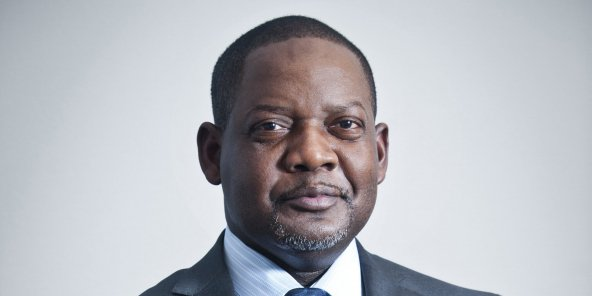Des experts de l’ONU alertent sur la prolifération des engins explosifs improvisés en RDC
“Le groupe recommande que le Conseil de sécurité charge la Monusco (force de l’ONU en RDCongo) d’améliorer sa capacité de lutte contre les engins explosifs improvisés”, indique son rapport. Les Casques bleus doivent développer leurs “capacités de sensibilisation, de recherche, de détection et d’intervention sur les engins explosifs improvisés”, précisent les experts dans leurs conclusions.







